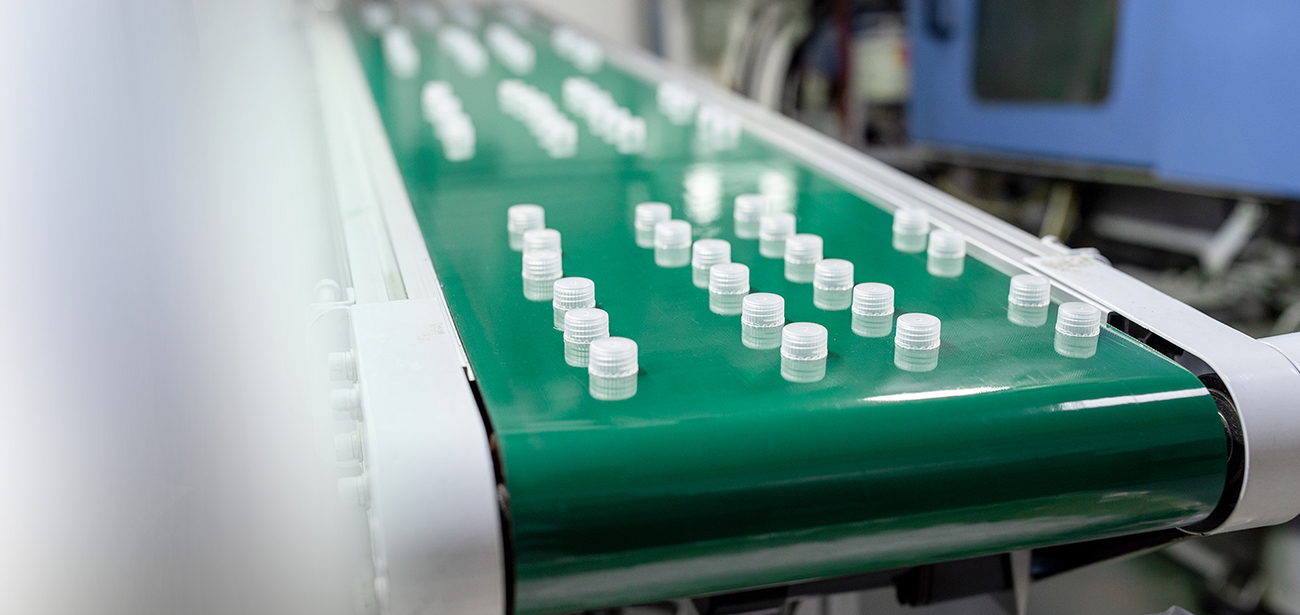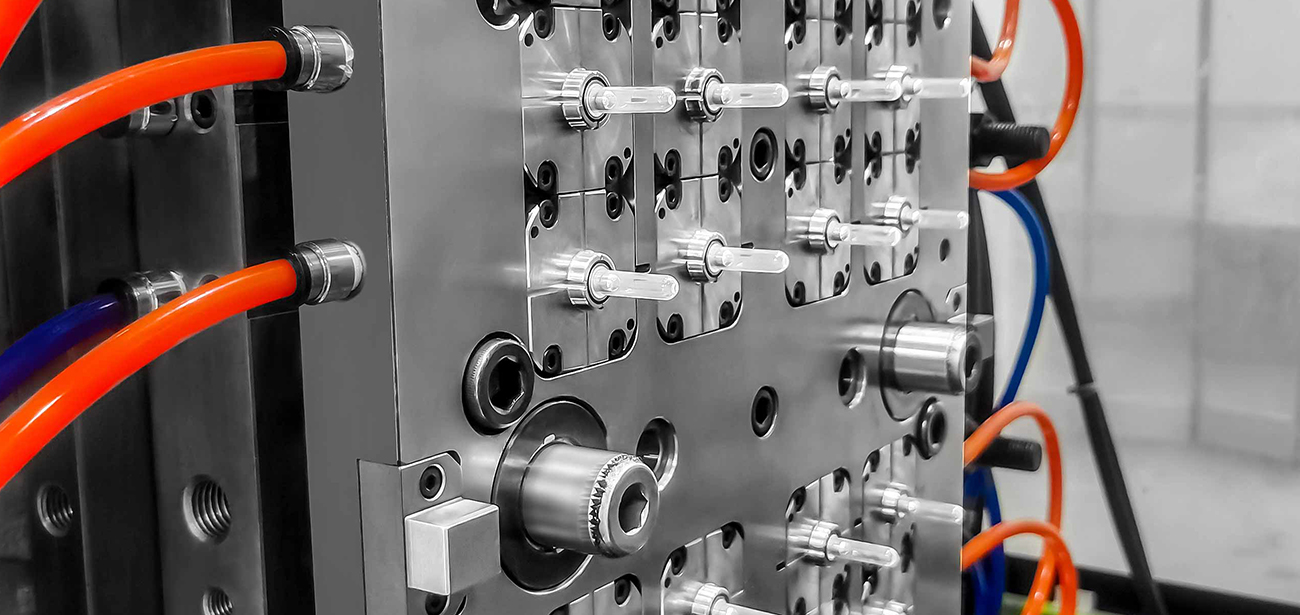Since the cost is dispersed among hundreds of parts, injection moulding is an ideal process for mass production of plastic parts economically.

Injection molding is one of the main processes for manufacturing plastics. It is widely used for mass production of identical parts with strict tolerances. This is a cost-effective and highly repeatable technology that can produce high-quality parts for mass production.
This is a fast and intensive process that requires molten material to be injected into the mold at high temperatures and high pressure. The molten material depends on the scope of the manufacturing project. The most popular materials are various thermoplastics, but metals and ceramics can also be injection molded. The mold consists of a cavity that can hold the injected molten material and is designed to closely reflect the final characteristics of the part.
Generally, the main cost driver of injection molding is mold cost. The injection moulding mould cost of designing and manufacturing the mold depends on the required production volume, the complexity of the part design, the mold material, and the process used to make the mold.
The cost of simple low-volume 3D printing molds may be as low as $100, while the cost of designing and manufacturing complex molds for mass production may reach the $100,000 mark. Although the fixed start-up cost is considerable, the variable cost of the injection molding process is lower due to the cheap thermoplastic materials, short cycle times, and gradual reduction in labour demand due to automation and economies of scale.
This means that the variable cost of production is lower, the design for manufacturing injection molding and process becomes more efficient, and as the cost is distributed among hundreds or thousands of parts, the cost of each part decreases as the output increases.

According to the requirements of the final part, a variety of plastics can be used for injection molding, including ABS, PS, PE, PC, PP or TPU. The procurement cost of mould materials varies according to the material selected. The cost of thermoplastic pellets is approximately US$1 to US$5 per kilogram. The material cost is defined by the design of the model, the material selected, and the amount of material used to perform the injection molding.